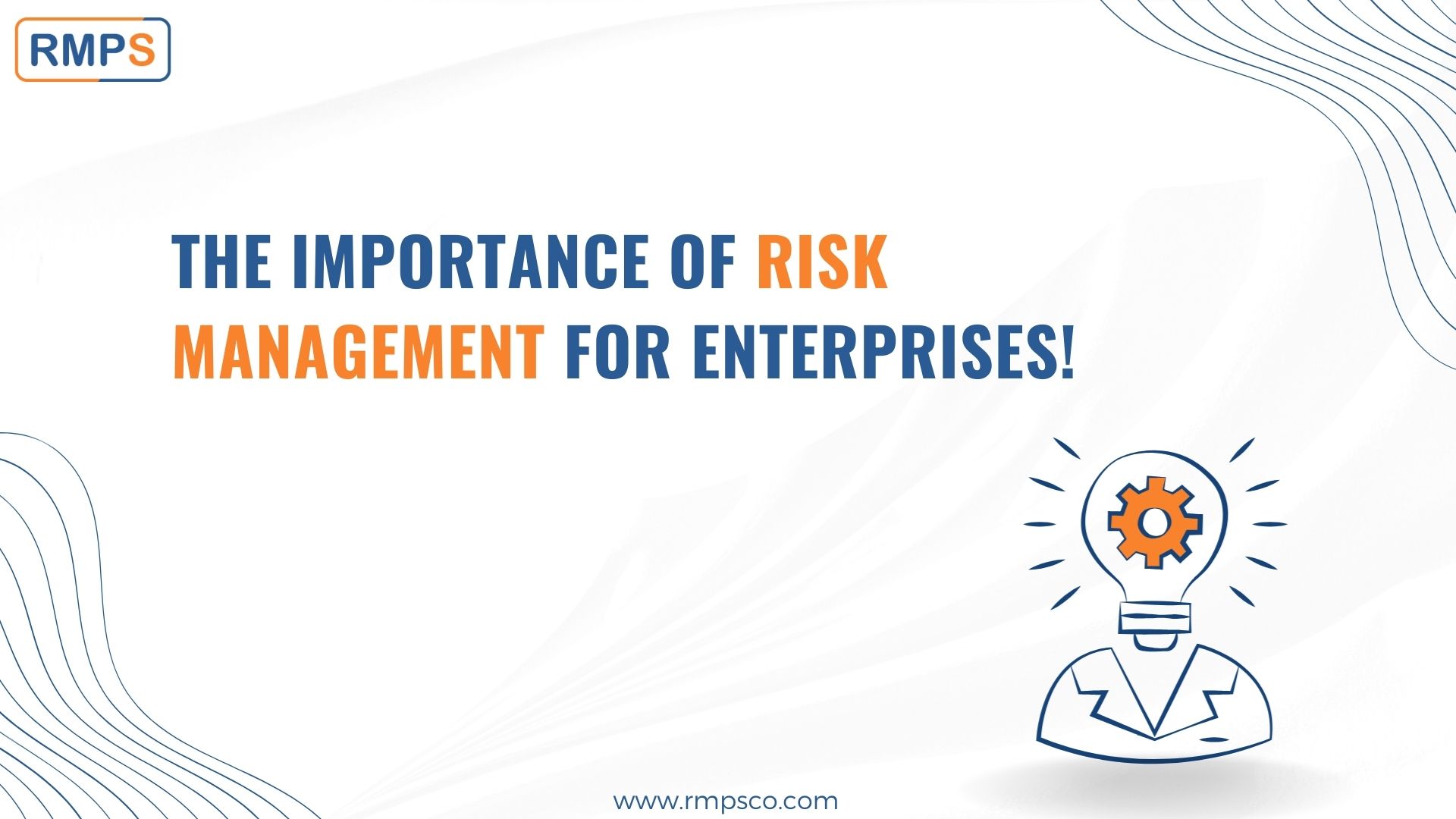The Relevance of Comprehending the Importance of Risk Management in Numerous Industries

The Core Principle of Risk Management and Its Objective
Risk Management, the keystone of many industries, depends upon the identification, assessment, and reduction of unpredictabilities in a service environment. It is an important technique that allows companies to guard their assets, online reputation, and general survival. By properly recognizing potential threats, companies can develop methods to either protect against these risks from happening or reduce their influence. The examination process includes examining the possibility and potential seriousness of these risks. As soon as dangers have been identified and reviewed, the mitigation process involves creating methods to lower their possible impact. This procedure is ongoing and cyclical, guaranteeing that services are prepared for the ever-changing nature of Risk in different sectors. The primary objective, therefore, is to cultivate resilience among uncertainties.
Benefits of Applying Risk Management in Organization Procedures

Introducing the Function of Risk Management in Different Industries
While every market challenges its special set of risks, the execution of Risk Management strategies continues to be an usual denominator in their quest of sustainability and growth. In the medical care industry, Risk Management involves making sure patient security and information defense, while in money, it involves mitigating financial investment dangers and ensuring governing conformity (importance of risk management). Building and construction companies concentrate on employee safety, task delays, and budget overruns. In the innovation field, companies reduce cybersecurity hazards and modern technology obsolescence. Eventually, the duty of Risk Management throughout industries is to recognize, examine, and reduce threats. It is a necessary element of tactical preparation, allowing organizations to protect their properties, make best use of possibilities, and accomplish their goals.
Real-life Study Demonstrating Effective Risk Management
To recognize the value of Risk Management in these numerous industries, one can want to several real-life circumstances that show the successful application of these measures. In the energy market, British Petroleum developed Risk mitigation plans post the 2010 Gulf of Mexico oil spill. They applied much better safety and security procedures and more you could try here stringent regulations which considerably lowered more accidents. In a similar way, in financing, Goldman Sachs successfully navigated the 2008 financial dilemma by identifying prospective mortgage-backed safety and securities risks early. Toyota, publish the 2011 earthquake in Japan, revised its supply chain Management to minimize interruption threats. These cases show how markets, gaining from situations, successfully applied Risk Management methods to decrease future dangers.
Future Patterns and Advancements in Risk Management Strategies
Cybersecurity, once a peripheral problem, has actually catapulted to the leading edge of Risk Management, with techniques concentrating on prevention, discovery, and reaction. The assimilation of ESG (Environmental, Social, Governance) factors right into Risk Management see this page is another growing pattern, reflecting the raising acknowledgment of the duty that social and ecological risks play in organization sustainability. Hence, the future of Risk Management exists in the fusion of innovative innovation, innovative approaches, and an all natural technique.
Final thought
In verdict, understanding go to these guys the relevance of Risk Management throughout a range of markets is important for their longevity and prosperity. Inevitably, successful Risk Management adds to a lot more sustainable and resistant businesses, highlighting the relevance of this practice in today's very affordable and dynamic organization atmosphere.
While every market confronts its one-of-a-kind set of threats, the application of Risk Management methods stays a typical denominator in their search of sustainability and growth. In the health care field, Risk Management involves guaranteeing person safety and information defense, while in finance, it includes mitigating investment dangers and guaranteeing governing conformity. Ultimately, the function of Risk Management throughout markets is to recognize, examine, and minimize risks. These cases demonstrate just how industries, finding out from situations, effectively applied Risk Management methods to lower future threats.
